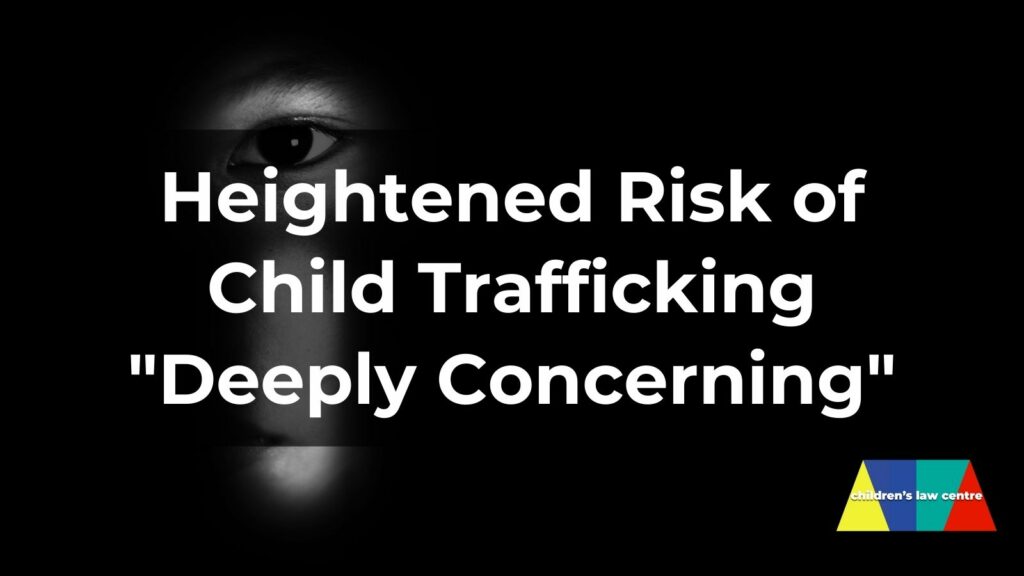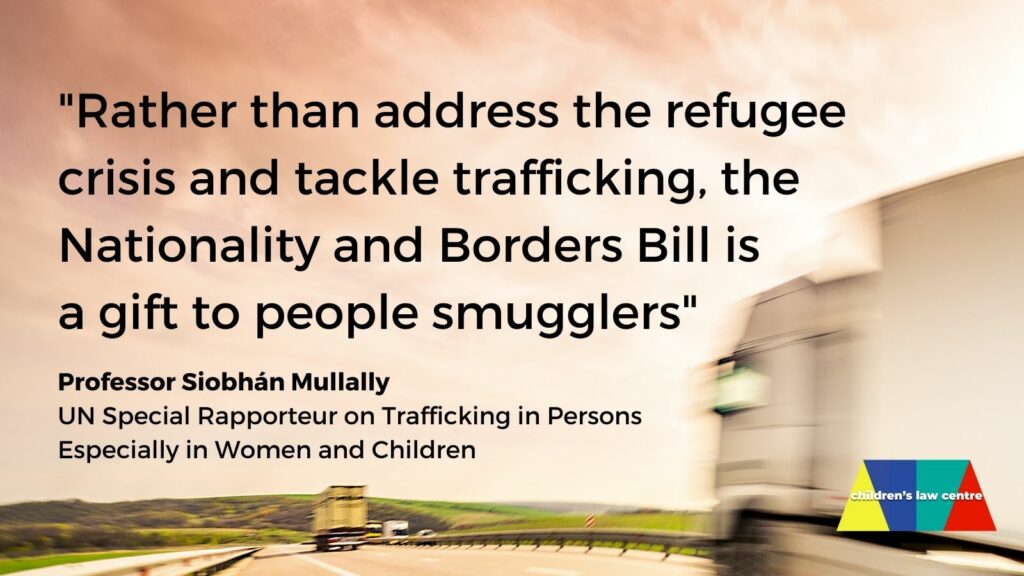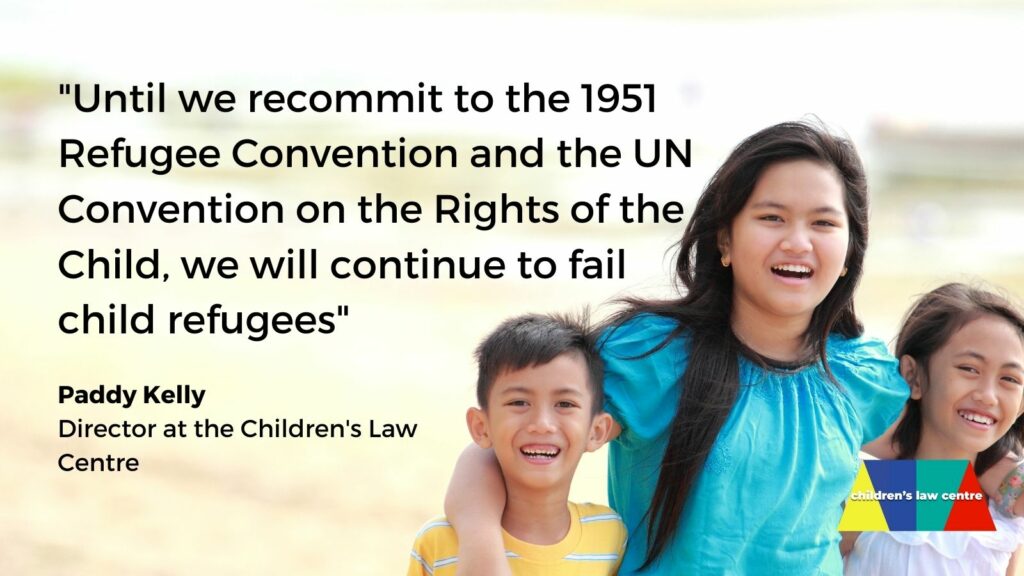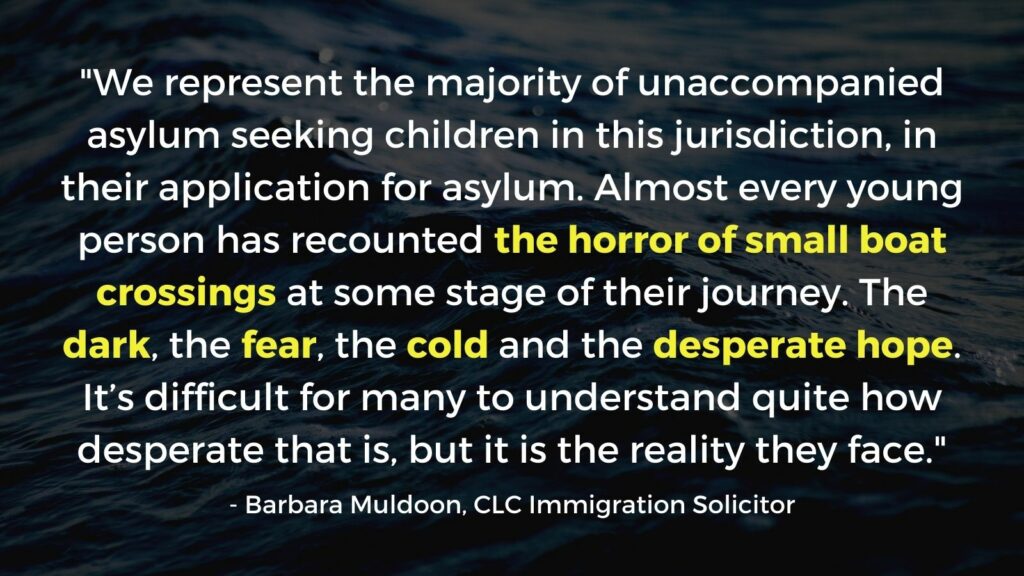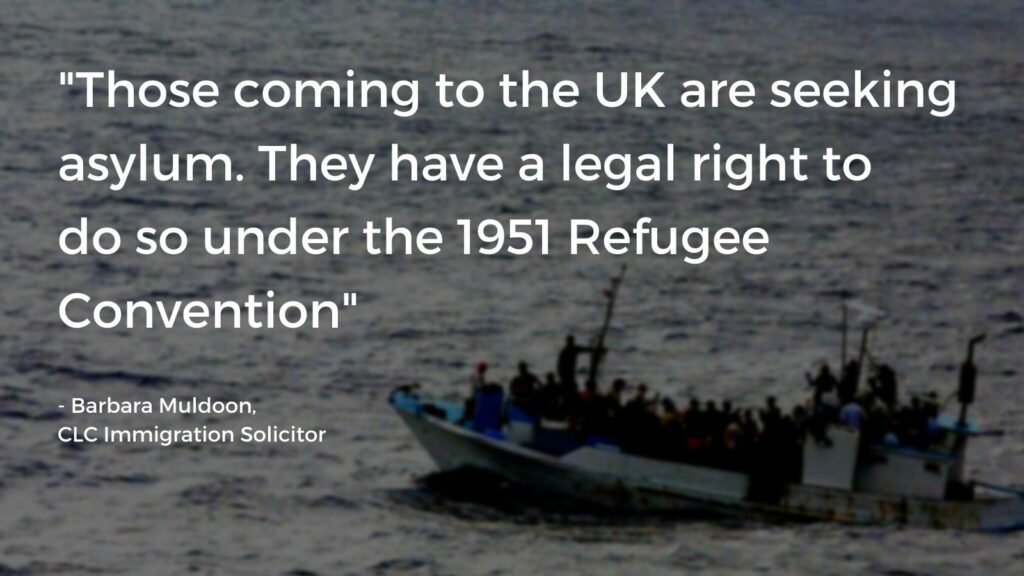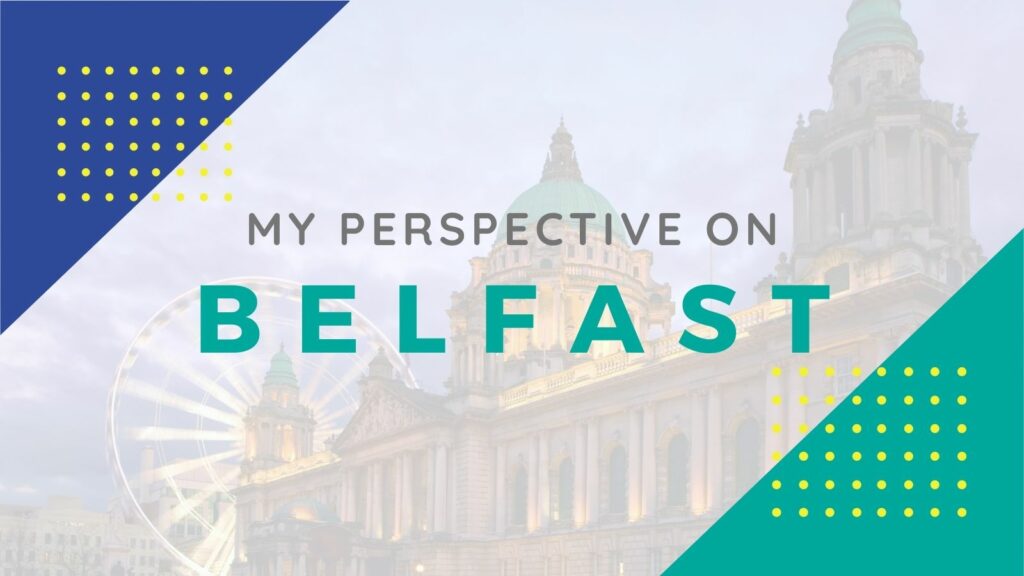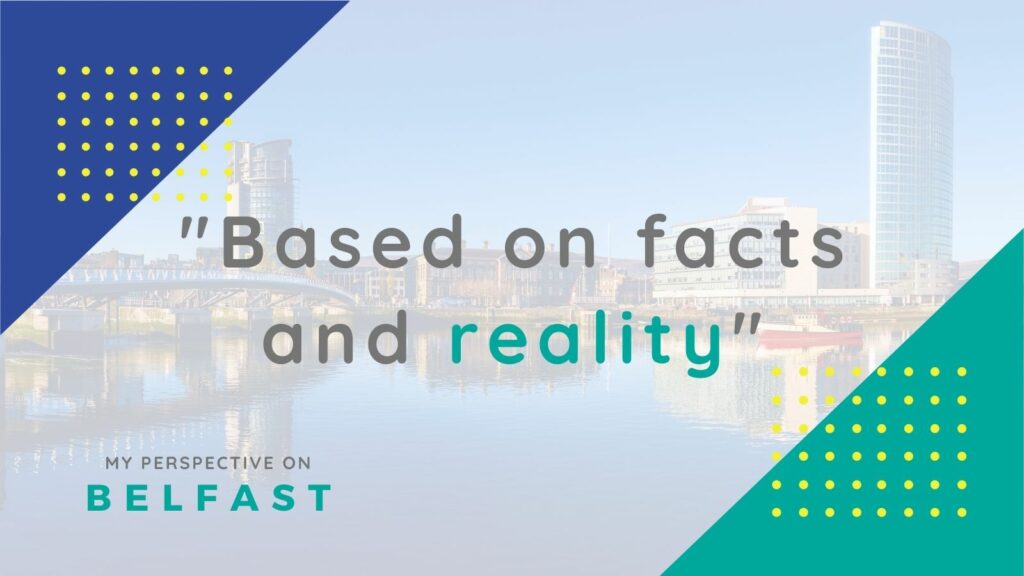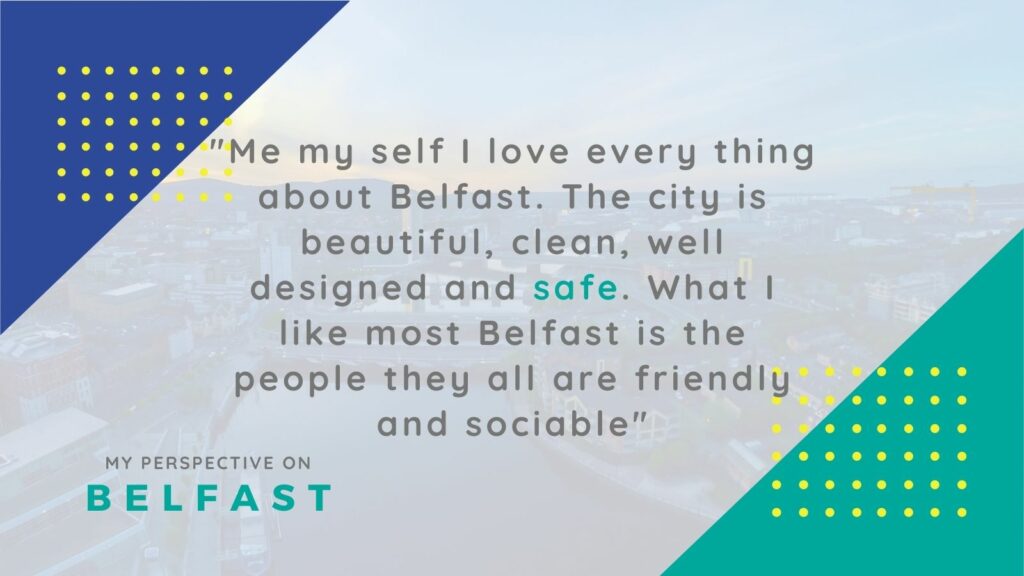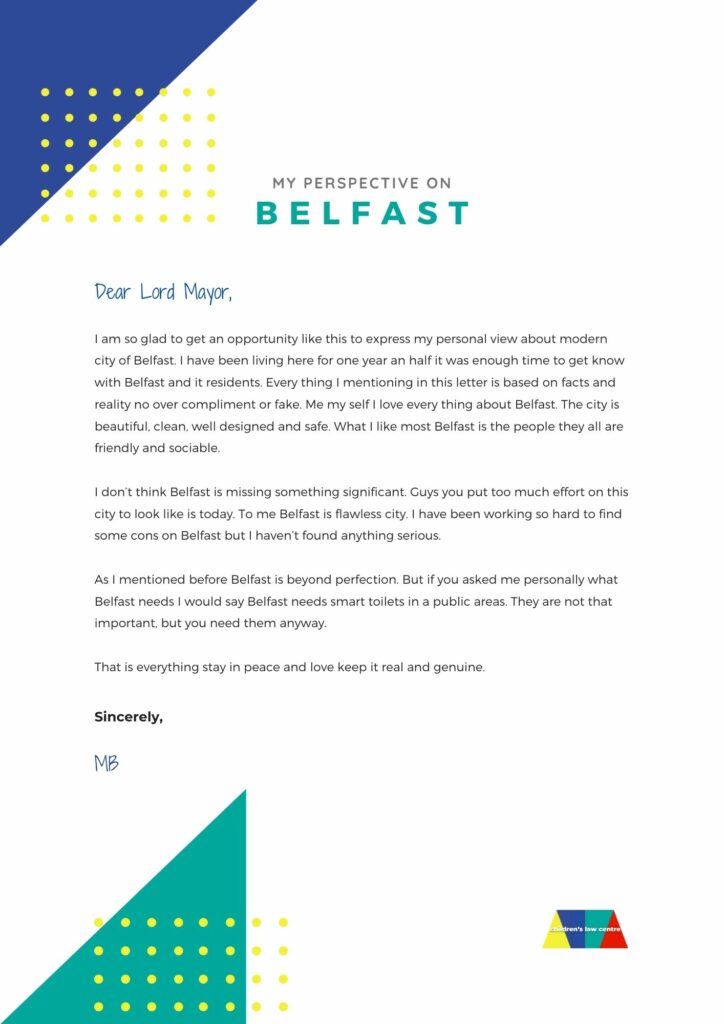19 December 2021
The Equality Commission has decided to authorise an investigation into the High Street Voucher Scheme. The investigation follows a complaint from a young person, under 18, who alleged that the Department for the Economy failed to comply with its approved equality scheme when making the decision to exclude under 18s. The young person has been assisted in their complaint by the Children’s Law Centre.
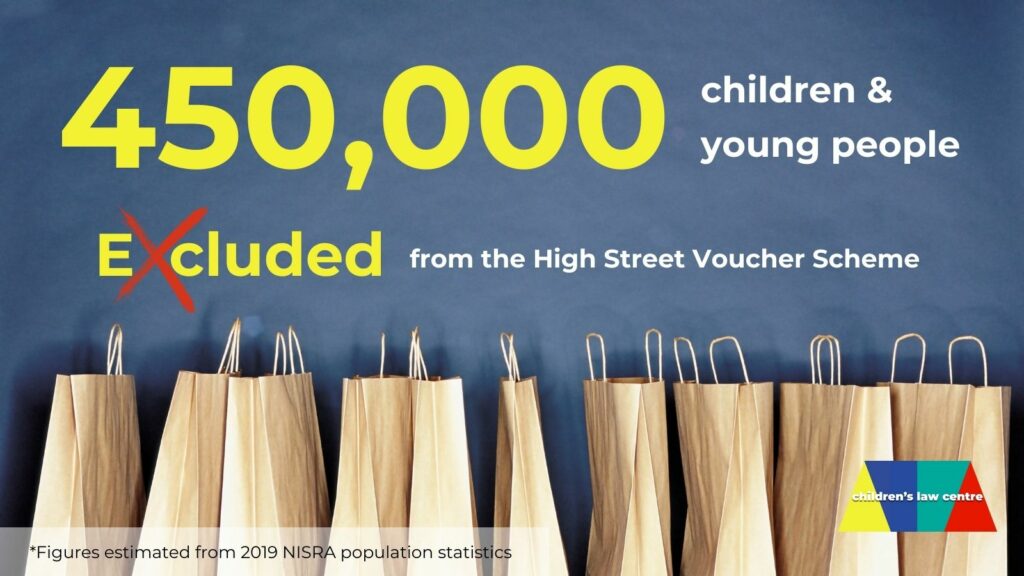
Claire Kemp, Policy Officer at the Children’s Law Centre said: “Decision makers have a duty to ensure the decisions they make do not adversely impact or discriminate against sections of the population. This includes children and young people. To ensure they avoid making decisions that discriminate they have to carry out an equality screening exercise at the earliest opportunity. In this case it was clear the Department for the Economy failed to do that.
“We’re happy to assist this young person in their complaint and are pleased the Equality Commission has authorised an investigation. The Department was in the position to publicly announce the High Street Voucher Scheme in February 2021 but evidently failed to carry out an equality screening exercise until the young person complained. In fact, the screening document provided to the young person was completed, signed off and published on the same day as the response to their complaint on 10th September 2021. This was not the earliest opportunity as is required, it was an afterthought.
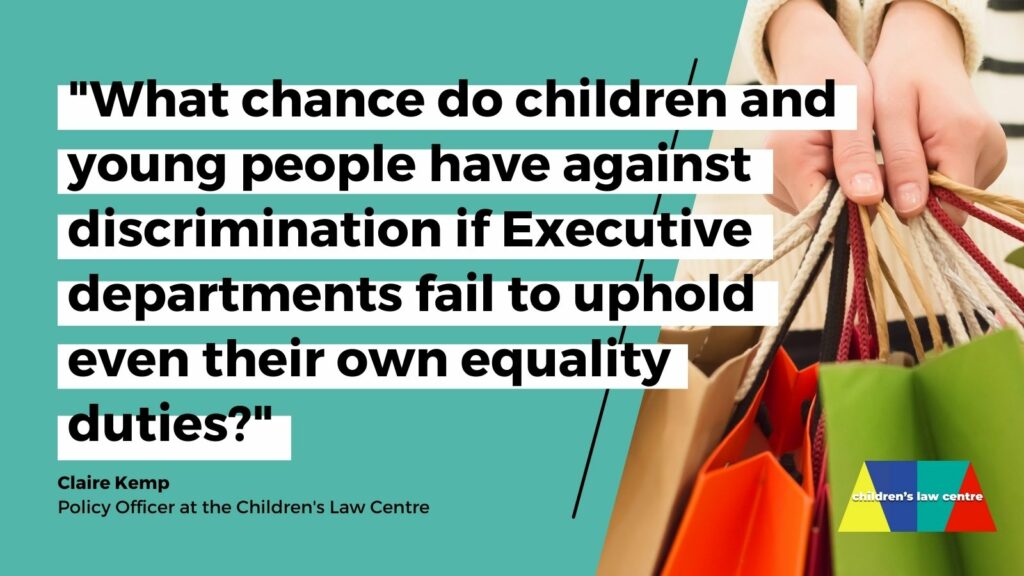
“Children and young people under the age of 18 play a vital role in our society. They contribute to the economy, play a crucial role in many parts of the high street economy and played a key role in navigating our way through some of the darkest months of the pandemic. Rather than treat them as an afterthought, we should be looking at ways to include them in the recovery.
“What chance do children and young people have against discrimination if Executive departments fail to uphold even their own equality duties?”


